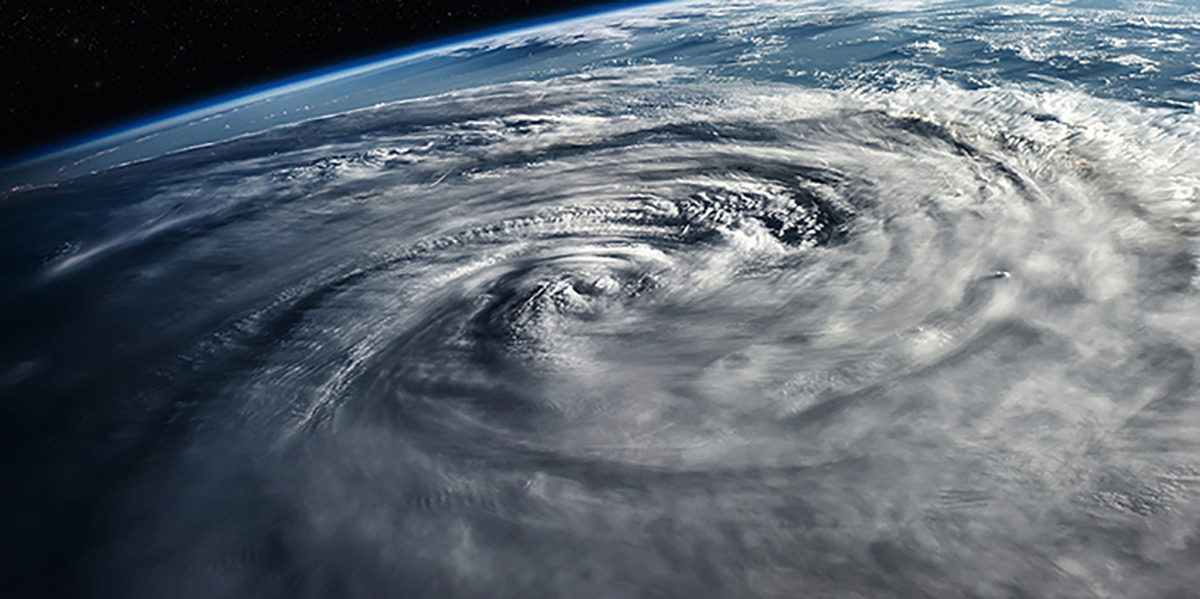
People who experience a series of disasters are likely to suffer a significant drop in their mental-health scores, a newly published study from the Texas A&M University School of Public Health shows.
The more frequent the experience, the lower the scores, according to the study.
“We discovered the reverse of the adage ‘what does not kill you makes you stronger,’” said the study’s lead author Garett Sansom, research assistant professor in the Department of Environmental and Occupational Health at the School of Public Health.
Sansom and a team of Texas A&M researchers studied individuals from the Houston area, which is susceptible to hurricanes and flooding as well as industrial emergencies. The results of the study were published recently in the journal Natural Hazards.
From 2000 to 2020, the state of Texas—one of the most prone to natural disasters—experienced 33 Federal Emergency Management Agency (FEMA) declared major disasters.
The team used a 12-item short form health survey to gather information. The survey assessed cumulative impacts from exposure to evaluate changes over time, producing a composite score for both mental (MCS) and physical (PCS) health.
The majority of the respondents reported that they experienced many hazardous events over the past five years. Hurricanes and flooding (96.35 percent) were the events experienced the most, followed by industrial fires (96.08), chemical spills (86.84) and tornados (79.82).
The team found that when individuals experienced two or more events over the past five years, their MCS averages fell below the expected national levels.
Sansom’s co-authors include Courtney Thompson and Lindsay Sansom, both from the Department of Geography; Leanne Fawkes, graduate research assistant in Environmental and Occupational Health; and Elizabeth Boerlin, doctoral student in Occupational Safety and Health.
